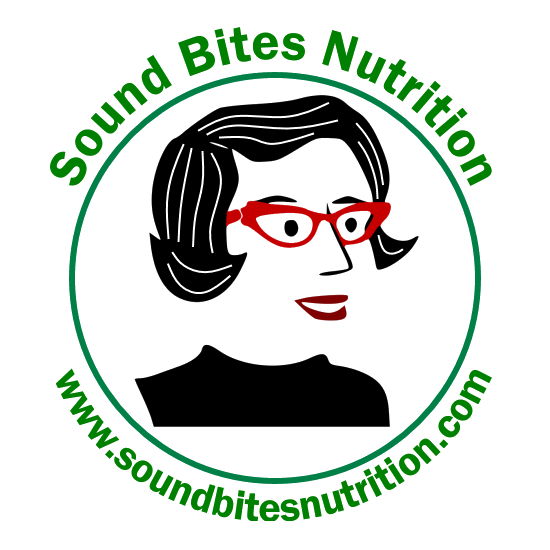Bananas and beyond
Ask anyone to name a source of potassium and inevitably, they’ll say “bananas”. But ask why we need potassium, and few can answer the question. Potassium is a mineral that’s not only found in bananas, but also citrus fruit, green leafy vegetables, yogurt, beans, whole grains and sweet potatoes. Researchers suggest getting more potassium in our diets as it’s been found to lower blood pressure, regardless of sodium intake. Dr. Alicia McDonough, a professor of cell and neurobiology at the Keck School of Medicine of the University of Southern California (USC) evaluated the diets of several populations and found that higher potassium intakes were associated with lower blood pressure, no matter what the sodium intake was. Her review included a combination of interventional and molecular studies evaluating the effects of dietary potassium and sodium on high blood pressure in various populations. Kidneys get rid of more salt and water when dietary potassium intake is high. Dr. McDonough likens high potassium intake to taking a diuretics-info.com, or water pill. Unfortunately, a typical American diet tends to be higher in processed foods, which tend to be high in salt content and low in potassium. One of the most cost effective strategies to reduce blood pressure is to cut back on salt. Improved consumer education regarding salt, changes in processed food and reduced consumption of high sodium foods should be implemented. Finland and the UK were first to start salt reduction programs. According to the World Health Organization (WHO), Europeans consume an average of 7-18 grams per day, which is far above the suggested limit of 6 grams per day. The Institute of Medicine (IOM) suggested that adults consume 4.7 grams of potassium daily to reduce blood pressure, reduce the impact of high sodium intake and slash the risk of bone loss and kidney disease. Dr. McDonough notes that consuming just ¾ cups of dried beans daily can help individuals reach half of their potassium goal. Here are more ways to obtain more potassium:
- Eat an orange or banana daily
- Include green leafy vegetables daily such as broccoli, spinach or kale
- Snack on unsalted nuts
- Add an avocado to your salad or sandwich
- Choose dark orange fruits and vegetables such as melon and sweet potatoes
- Enjoy kiwi, mango or papaya
Reference:Alicia A. McDonough, Luciana C. Veiras, Claire A. Guevara, Donna L. Ralph, Cardiovascular benefits associated with higher dietary K vs. lower dietary Na evidence from population and mechanistic studies. American Journal of Physiology - Endocrinology and Metabolism. Apr 4, 2017, E348-E356

